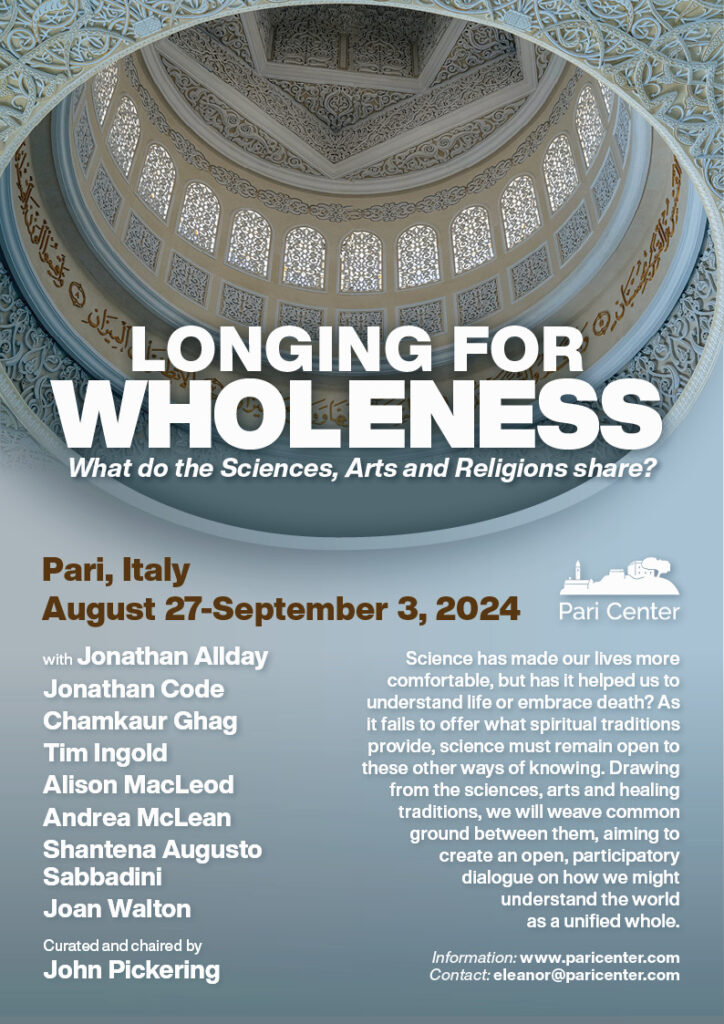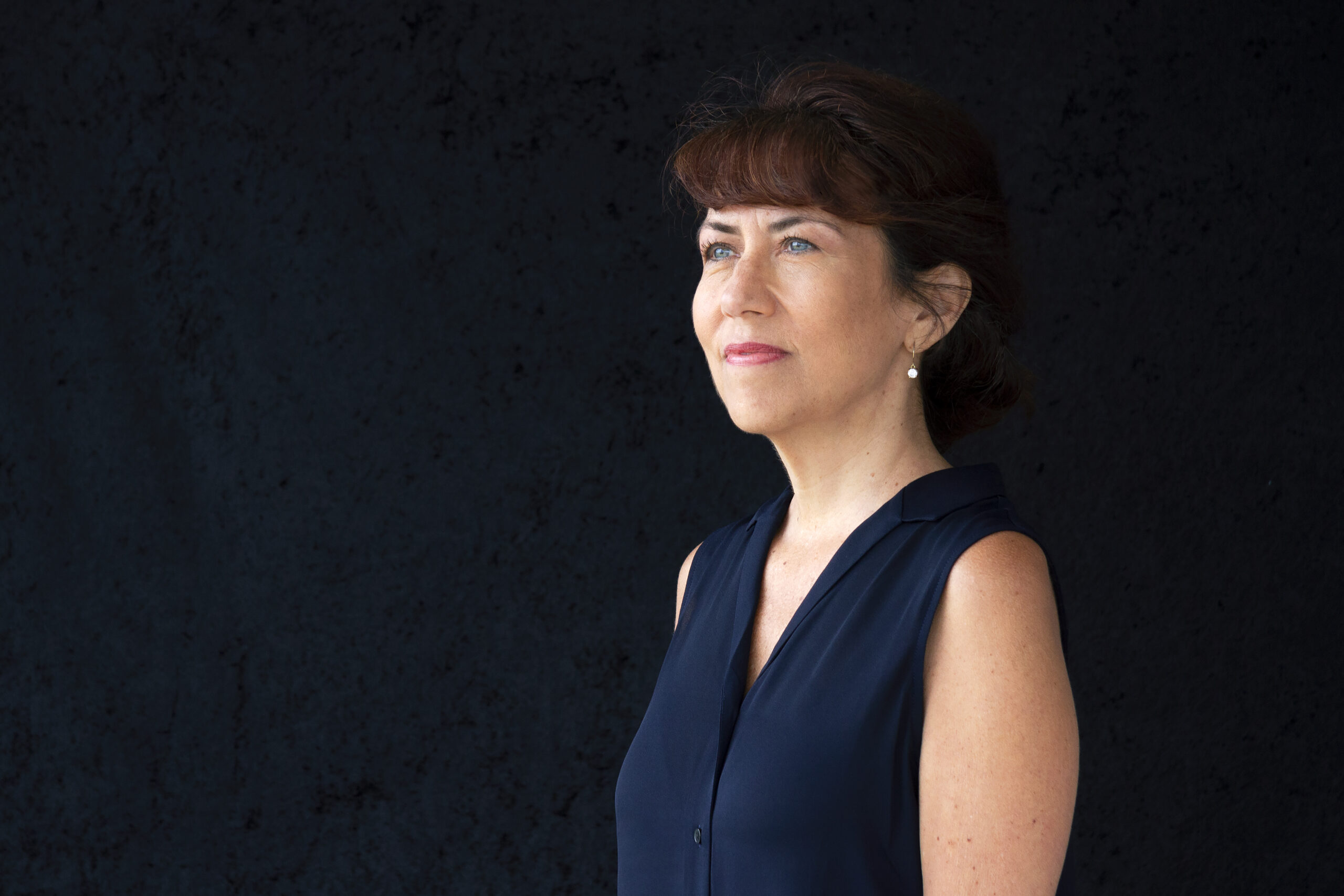Your cart is currently empty!
Ways of Knowing; the Human Imagination as Conduit

This is an excerpt from one of the presentations featured in the Pari Center’s event Longing for Wholeness, in Pari from August 27 to September 3, 2024.
In the flow of true imagination we know in full, mentally and physically, at once, in a greater enkindled awareness. At the maximum of our imagination, we are religious. D. H. Lawrence
[T][he necessary preliminary, whether to scientific discovery or artistic vision, is intensity of attention or, less pompously, love. W. H. Auden
The poet W. H. Auden’s ‘intensity of attention’ and writer D. H. Lawrence’s ‘enkindled awareness’ describe the faculty and force of the human imagination, that great flowering of consciousness. For the philosopher Friedrich von Schelling, the imagination was present as a power in the physical universe from the beginning of creation. Poet Samuel Taylor Coleridge wrote at length of the ‘primary imagination’ as ‘the living Power and prime agent of all human Perception.’ In 1906, artist Hilma af Klint recorded the first ‘invitation’ from the inner voice of her ‘spirit-guide’: ‘de Höga … could through me share images of the life that exists behind it all.’
The word ‘holy’ is of course related to ‘wholeness’—or to knowing ‘in full’, as D. H. Lawrence suggests when he speaks of the ‘religious.’ For physicist David Bohm, ‘the body enfolds not only the mind but in some sense the entire material universe’; for him, something similar to ‘artistic perception’ is key to new breakthroughs in awareness. For Einstein, ‘Imagination is more important than knowledge. For knowledge is limited, whereas imagination embraces the entire world, stimulating progress, giving birth to evolution. It is, strictly speaking, a real factor in scientific research.’
In this talk, Alison MacLeod will draw upon works of art, literature and philosophy to ask questions about how we live, think and imagine today. What is it to imagine fully? How might both observation and an openness to ‘stranger-consciousness’ help us to imagine new realities into being? What is meant. by ‘participatory consciousness’? How might ‘metaphorical thinking’ and an awareness of synchronous experience enable us to ‘co-create’ the world? These questions have profound implications for how we live now. To arrive at a better future, we have to imagine it first.

Alison Macleod’s most recent novel, Tenderness, was a New York Times ‘Best Book of 2021,’ a ‘Book of the Year’ for The Spectator, a ‘Best New Book’ for PEOPLE Magazine and The Sunday Times ‘Historical Fiction Book of the Month.’
MacLeod’s novel, Unexploded, was long-listed for the Man-Booker Prize for Fiction and The Walter Scott Prize for Historical Fiction, and named one of the Observer’s ‘Books of the Year.’
Her most recent story collection All the Beloved Ghosts was shortlisted for Canada’s national Governor General’s Award for Fiction and named one of the Guardian’s ‘Best Books of 2017.’ It was shortlisted for The 2018 Edge Hill Short Story Prize for best single-author short story collection in the UK and Ireland.
She is Visiting Professor at the University of Chichester (UK) and a Fellow of the Royal Literary Fund.
